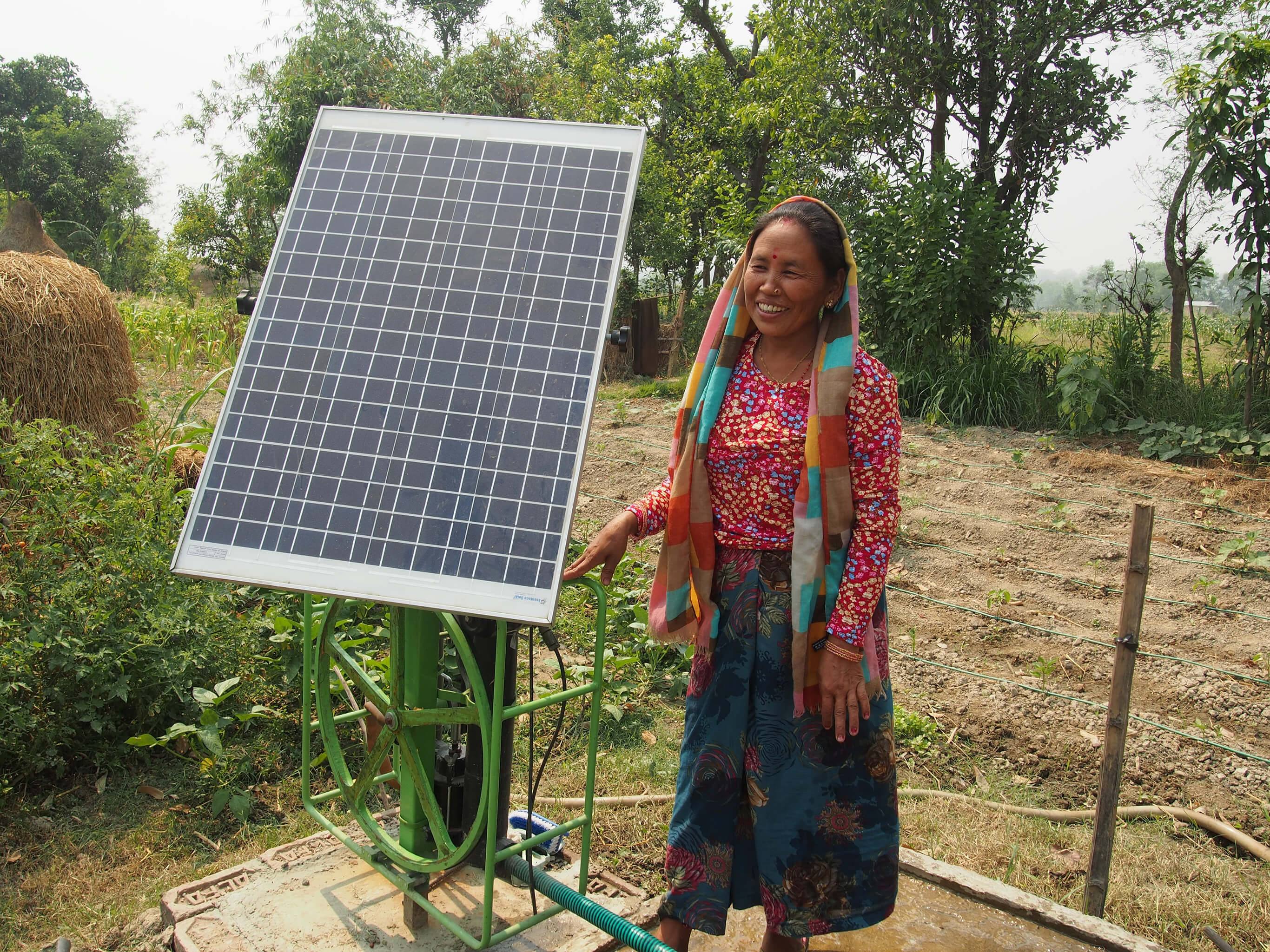With the continuous development of technology, an increased number of smart solutions in the food production sector are appearing. While digitalization is often praised as an innovative solution to combat food insecurity, it is important to take a closer look at its impact on all of the world’s inhabitants. When looking at access and use of Information and Communication Technologies (ICTs) in agriculture today, there is a clear group that is falling behind: rural women in developing countries.
Empowering female farmers through technology is essential to increase agricultural productivity and food security, especially in low-income countries.
Female farmers are experiencing a triple divide of digital, gender and rural discrimination.
The Food and Agriculture Organization’s report on Gender and ICTs showed that in low-income and middle-income countries, 14% of women are less likely to own a mobile phone.
As women represent almost half the labor force in the agriculture sector, there is no doubt that empowering female farmers through technology is essential to increase agricultural productivity and food security, especially in low-income countries.
Well aware of the triple divide problem, Water and Energy for Food (WE4F) has developed a thorough gender mainstreaming strategy that aims to overcome gender barriers, including those related to the field of technology. The strategy can be divided into four activities:
- Gender is and will be part of the design of the WE4F’s programme and activities. For example, measures will be included to encourage female innovators to apply, especially in fields where women are typically underrepresented (e.g., technology). In these fields, female applicants will also be given preference over male applicants with the same qualifications.
- Capacity development activities to sensitize aspects of gender mainstreaming including the ability to monitor and address gender inequality in development programming and business management or impact evaluation for innovators and other relevant stakeholders.
- WE4F will take into account an innovation’s gender aspects in the project design, as well as evaluate how and to what extent an innovation aims to reduce discrimination and create equal opportunities for its end-users, for example, by ensuring that an innovation is equally accessible to women and men.
- Lastly, WE4F’s monitoring and evaluation framework will include specific indicators to measure gender mainstreaming aspects in each level of the intervention.
These activities will enhance gender equality and WE4F will continue to develop strategies to further strengthen women’s access to agricultural innovations. With the inclusion of female farmers we are a big step closer towards food security.
[jetpack-related-posts]

